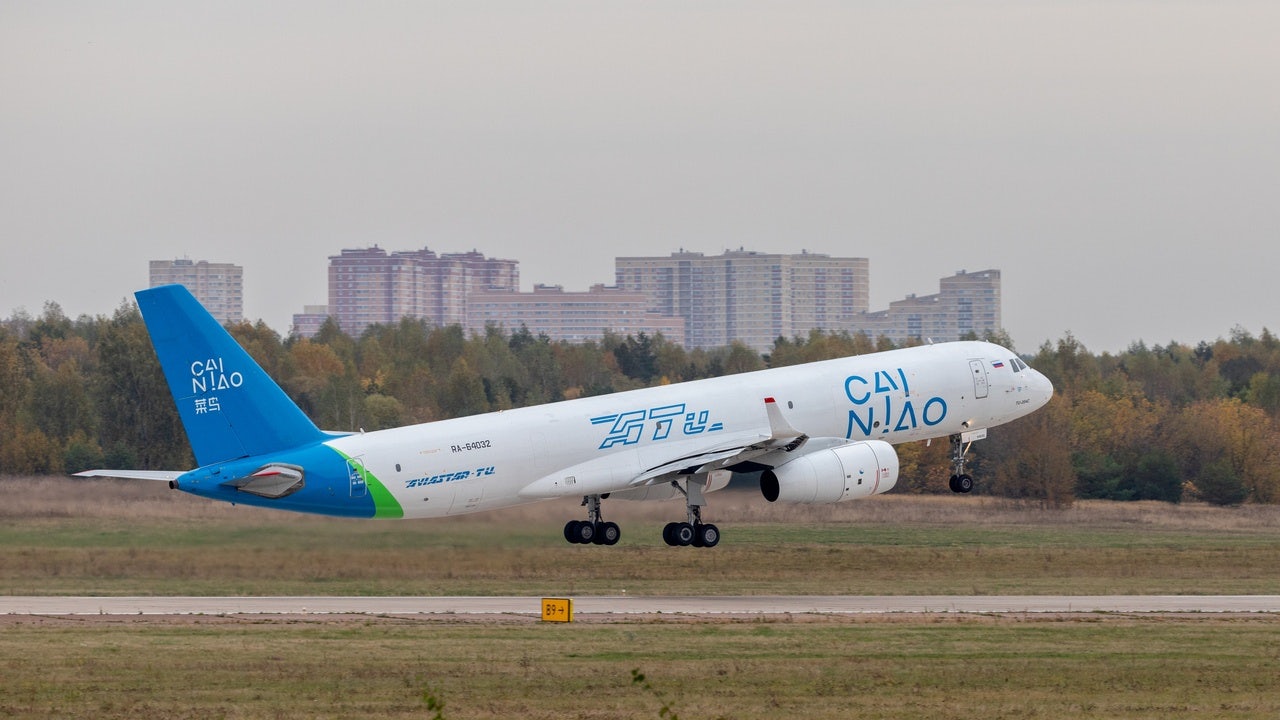Key Takeaways:#
E-commerce in Latin America reached 200 billion and became the second fastest-growing market in 2020.
According to a study released by EBANX, 52 million people in Latin America shopped online for the first time during the pandemic.
Alibaba’s global ambitions cannot be satisfied without being present and investing in Latin America.
Lately, there has been intense focus on Aliexpress Russia, a joint venture that Alibaba and its Russian partners undertook to capture more American businesses. But Alibaba’s rise to supremacy in Latin America rarely makes the headlines because it’s more discreet and below the radar. Yet, this difference is hardly surprising when we consider how that discretion could be giving Alibaba a competitive edge in the region.
Today's competition and globalization pressure have created regional giants like MercadoLibre, inspiring Alibaba to swing the market in its favor. As such, the Chinese group will likely use a different, more prudent playbook for the region.
E-commerce in Latin America reached 200 billion and became the second-fastest-growing market in 2020, according to the study Beyond Borders 2020/2021, released by the fintech company EBANX. Naturally, the pandemic caused dramatic growth in first-time online purchasers. According to this study, 52 million people in Latin America shopped online for the first time during the pandemic, a digital shopper increase of up to 30-percent in some countries.
“The pandemic has more than doubled the estimate of new online consumers in Latin America,” said Juliana Etcheverry, director of expansion LatAm and strategic partnerships at EBANX. “Social isolation measures adopted throughout the year, in addition to emergency aids paid by local governments through digital accounts, helped to boost the online market.”
Brazil, the seventh-largest economy in the world and the country with the biggest gross domestic product (GDP) in Latin America, saw a 25-percent growth in its number of digital consumers in 2020, according to figures collected by Beyond Borders 2020/2021. EBANX estimates that Brazil’s retail e-commerce market will grow 19 percent in 2021, reaching a total value of 134 billion.
Meanwhile, Mexico is a market where mobile purchases have overtaken desktop ones. Additionally, online sales in the country surged by 54 percent in 2020, according to Bloomberg.
Long touted as a free-market success story, Chile is now winning the e-commerce game as well. The South American country is projected to see its volume of online transactions double in size by 2023.
Clearly, Alibaba’s global ambitions cannot be satisfied without setting up shop and investing in Latin America. Currently, most of Alibaba’s revenues come from its China operations. But Jack Ma’s e-commerce empire “is at a point where it is beginning to hit saturation,” said Gil Luria, director of research at D.A. Davidson, to CNBC. Luria highlighted how expansion in lower-tier cities in China is not as “fertile,” as it once was, and Alibaba needs to conquer international markets to sustain growth.
Howard Yu, a professor of management and innovation at IMD Business School, raises a valid point when he discusses Alibaba’s expansion in mature markets like Western Europe and the United States. On CNBC’s “Capital Connection,” Yu said that policy and perception toward data in the West would make it “almost impossible” to achieve successful international market penetration.
Alibaba understood that the potential for grabbing a dominant market share in traditional Western economies is negligible, so it began expanding its footprint in Latin America. Therefore, during the global pandemic, Cainiao Smart Logistics Network signed a cooperation agreement with the American freight transport airline Atlas Air to help it target South America.
According to the deal, Atlas Air will fly three charter flights per week between China, Brazil, and Chile. Aircargo News says the service will reduce airfreight delivery time between China and destination markets from a week to an average of three days. The advancement plays into Alibaba’s ambitions of achieving global delivery times in under 72 hours.
The move is in response to the sudden surge in Alibaba parcels to South America. In the third quarter of 2020, Cainiao transported more than eight million packages — double the number transported during the second quarter of 2020, according to Aircargo News.
As opposed to the unfavorable views of China that have reached historic highs in the US and Europe, Latin America sees the “Chinese brand” in a positive light. The Council on Foreign Relations says that “innovation and technology are emerging sources of China’s influence in LAC," with Chinese companies “becoming an emerging source of finance for local startups.”
Alibaba is one of the Chinese giants that made major investments into successful local startups. For example, in March 2018, Alipay partnered with Openpay, a Mexican digital payments platform. “The deal allows Alipay’s 600 million users to buy from Mexican businesses that accept Openpay payments,” says LAC media outlet iupana.
Meanwhile, after the Alipay-Openpay deal, iupana reported that Alibaba was looking for “further alliances or acquisitions in Latin America.”
In the opinion of Michael Derham, a partner at Novam Portam, Alibaba will “expand through acquisitions, rather than organic growth” in Latin America. And, up to this point, Alibaba has signed various memorandums of understanding with Colombia, Brazil, Argentina, and Mexico.
In March, Javier Darío Fernández, executive director of Ruta N, a tech incubator and joint venture with the Colombian city of Medellín, broke the news that Alibaba has selected Medellín as a new entry point into Latin America and Colombia. According to market research firm GroupMav, it remains unclear what sort of facilities Alibaba will establish in Colombia.
All in all, Alibaba knows how to leverage the potential of the e-commerce market in Latin America, and the Chinese giant is benefiting from a positive brand image in the region. According to a 2020 Statista survey, 53 percent of e-commerce consumers surveyed in Brazil have selected Aliexpress to be their most trusted international e-commerce brand.

